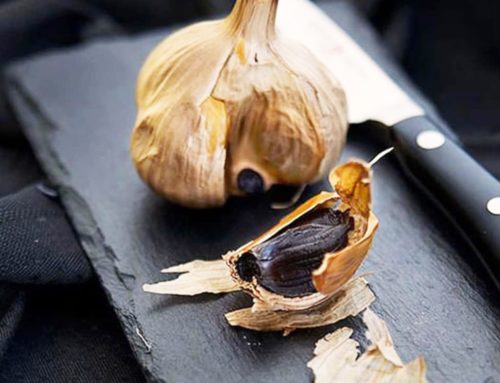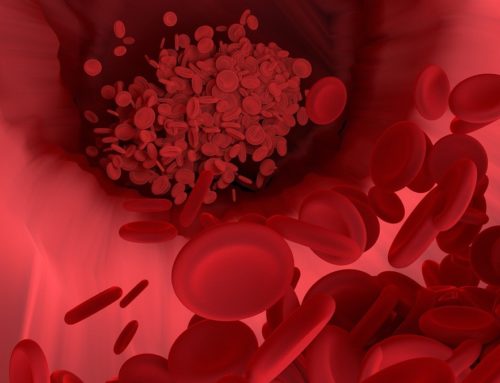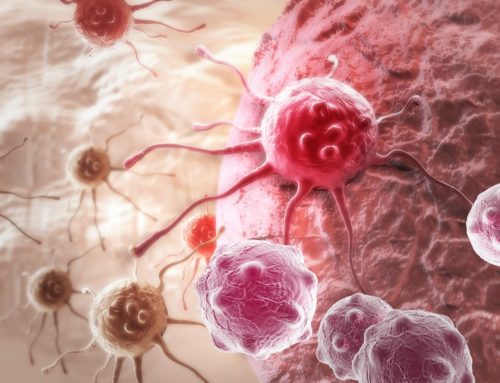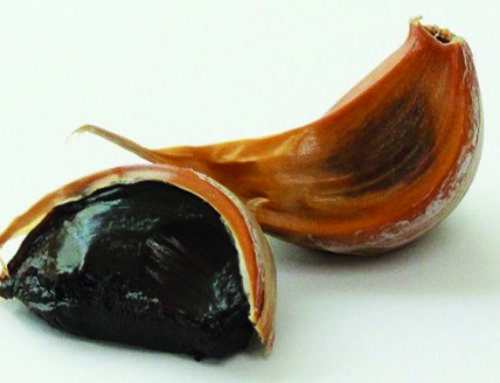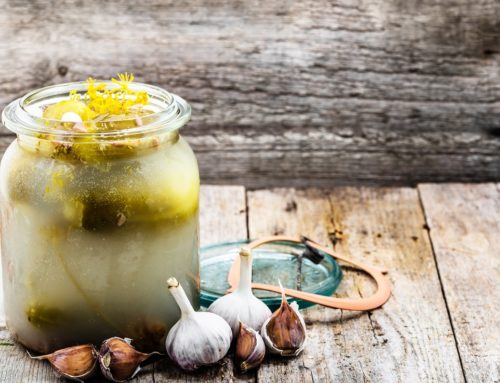A boost for your immune system and a better intestinal flora
Fermented food is easier to digest, has a different flavour and contains active nutrients. It makes you more resistant to all kinds of diseases. It will give your immune system a big boost.
Fermentation is the interaction of the enzymatic processes of various bacteria and the food itself. The bacteria convert certain nutrients into antioxidants and vitamins. For example, all fermented foods contain vitamin B12, antioxidants such as superoxide dismutase, glutathione, digestive enzymes and beta-1,3 glucans.
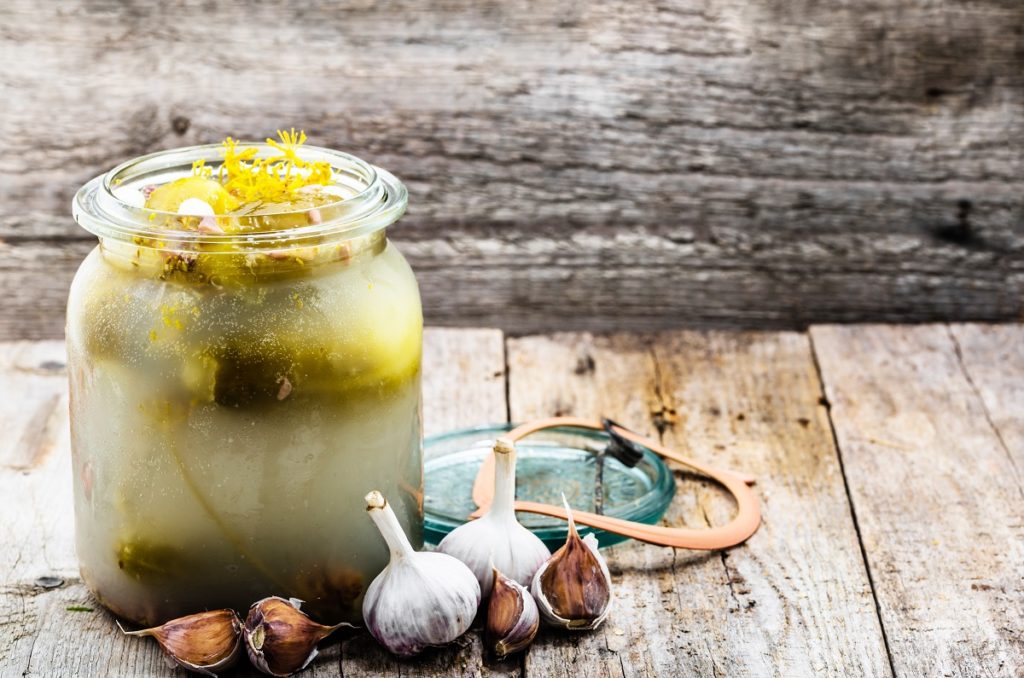
There is no doubt that fermentation makes foods healthier. All life on earth depends on bacteria, viruses and protozoa. A healthy intestinal flora holds over 600 different types of bacteria. 2 kg of the body weight of a person with a healthy digestive tract comes from bacteria.
Microorganisms can also be found in the fertile soil from which plants grow, which eventually provide both humans and animals with healthy food. In the fermentation process, bacteria are the miracle workers. Cheese, beer, wine, chocolate, coffee, and tea, but also kefir, kombucha, pickles, miso, amazake, tempeh, sourdough bread, sauerkraut, vinegar and black garlic are products of fermentation.
Fermentation has been used in traditional rituals around the world for generations. Fermentation is also a way to extend the shelf life of food. But fermentation does even more than that. The process also deactivates certain harmful compounds that occur naturally in food items, such as cyanide found in cassava and other foods.
Phytic acid is a toxin that binds zinc, calcium, magnesium and iron, partly preventing these minerals from being absorbed. By fermenting grains and flour in water, this acid is disabled. Similarly, nitrites (found in meat products), oxalic acid (spinach, rhubarb, raw cocoa beans), nitrosamines (milk and cured meat) and hydrocyanic acid (e.g. bitter almonds and sour cherries) are toxic substances that are largely neutralised by bacteria during the fermentation process.



